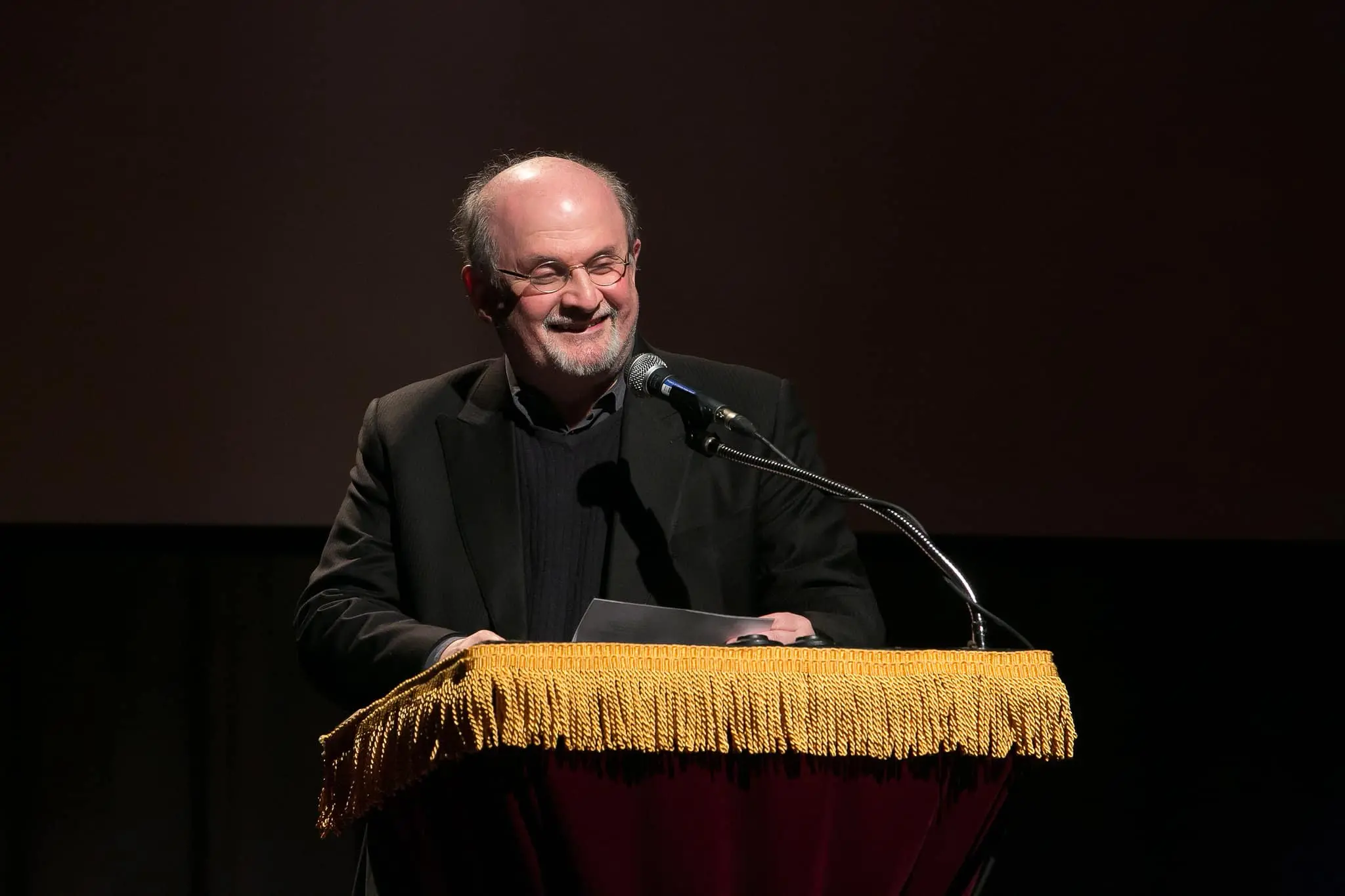Today marks International Women’s Day, which not only celebrates progress in women’s rights but also highlights existing barriers to achieving gender equality. Building on the movement around this day, PEN America is highlighting the cases of three women this March who are courageously exercising their right to freedom of expression in the face of dire threats and working to break down barriers created by gender inequality around the world.
Globally, women comprise nearly 70 percent of people living below the poverty line and two-thirds of illiterate persons. Yet, women work two-thirds of the world’s working hours and produce half its food, while earning only 10 percent of the world’s income. Women’s freedom of expression must be celebrated and utilized as a tool to change this reality by furthering gender equality and women’s rights. Freedom of expression and equal access to platforms such as the media were cited by UNESCO and UN high-level panels as vital instruments for realizing the post–2015 Sustainable Development Goal (SDG) of gender equality. The SDG agenda, signed by 193 countries, is an outline of goals that countries consider when working towards improving conditions and creating positive sustainable change within a country.
Many studies have been conducted to parse the figures pertaining to gender inequality in mediums of expression. The organization VIDA: Women in Literary Arts has been tracking gender inequality within the literary arts and any advancements made in women’s access to publishing and reviewing in literary outlets. They have noted some gains in parity with respect to access, but many hurdles remain, especially in women’s experiences with platforms of expression such as news media and the internet.
Female journalists all over the world have faced threats of assault and experienced sexual violence while on the job, but they often keep incidents unreported due to cultural and workplace stigmas. They may be perceived as “weaker” or more “vulnerable” than their male coworkers and therefore denied future assignments, especially in situations of conflict. Jineth Bedoya Lima has been bringing attention to these threats and assaults, helping to shine a spotlight on gender inequality in reporting and encouraging women to come forward with their experiences. Bedoya Lima is a Colombian journalist who reports on law enforcement, paramilitary groups, and abductions within Colombia. She was abducted twice while reporting—once on May 25, 2000, while working for El Espectador, when she was kidnapped, brutally raped, and left for dead during a setup for an interview with a paramilitary group leader; and again in August 2003 while working for El Tiempo. Today she continues to work as a journalist for El Tiempo with the protection of government-assigned bodyguards and a bulletproof car, and campaigns to bring awareness to the issue of sexual violence.
Many female users of the internet undergo a markedly different experience than their male counterparts. Forty percent of internet users say they have experienced harassment. Of this percentage, younger women overwhelmingly experience stalking and sexual harassment more often than younger men. Simply being a woman on the internet can incur unwanted attention and attacks. In 2006, a group of researchers created fake online accounts and dispatched them into chat rooms. Accounts with feminine usernames received an average of 100 sexually explicit or threatening messages a day. On average, only 3.7 messages of this kind a day were sent to accounts with masculine usernames. In the male-dominated arena of video and online gaming, Anita Sarkeesian, a Canadian-American media critic, blogger, and video series creator, experienced first-hand this gaping gender inequality at play on the internet. Sarkeesian’s video series, Tropes vs. Women in Video Games, has been the cause of rape and death threats she has received since the creation of a Kickstarter page for the series in 2012. She has been continually harassed online for speaking out against misogyny in the media and in the gaming industry. There have been bomb threats and a mass shooting threat against her, and in August 2014, she had to leave her home in San Francisco due to an increase in the volume of death threats against her. Through her talks and writing, Sarkeesian has used her popularity and her audience’s support to openly address the issue of the gendered experience of using the internet.
Speaking out on the issues of women’s rights and gender inequality can result in dire consequences for women. Atena Farghadani is an Iranian artist and political activist. She was first arrested in August 2014 for championing women’s rights in a cartoon she drew which depicted lawmakers as animals, and which lampooned a family planning law that restricted women’s access to birth control and right to divorce. After being released on bail, she was rearrested on January 10, 2015, for creating “propaganda against the regime” and several counts of insulting Iran’s government. In June 2015, she was sentenced to 12 years and 9 months in prison on charges of spreading propaganda, insulting members of parliament through her paintings, and colluding against national security. Additionally, Farghadani was forced to undergo “virginity” and pregnancy tests on August 12, 2015. She remains in Tehran’s Evin Prison in solitary confinement.
Women disproportionately experience inequalities created by a lack of access to education, societal barriers and pressures, or sexual violence and repercussions for speaking out. The right to freedom of expression and the full enjoyment of this right is not only about speaking one’s mind. For women, it creates a platform upon which to work towards gender equality and protect their rights.

